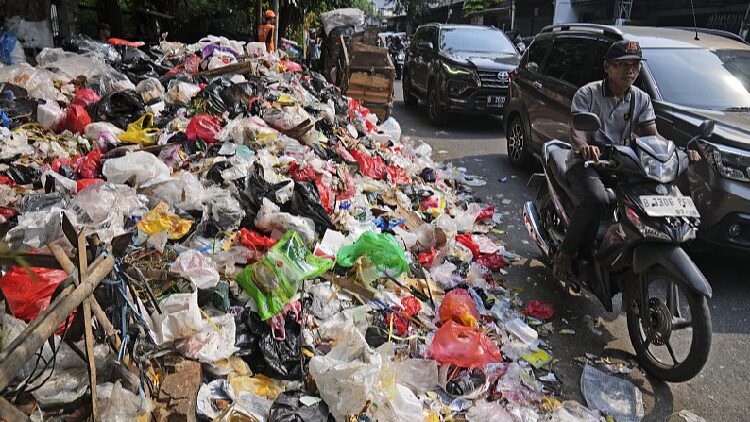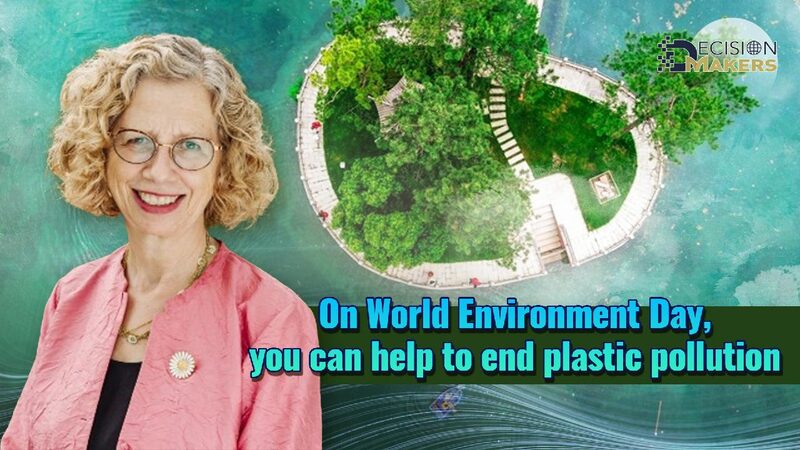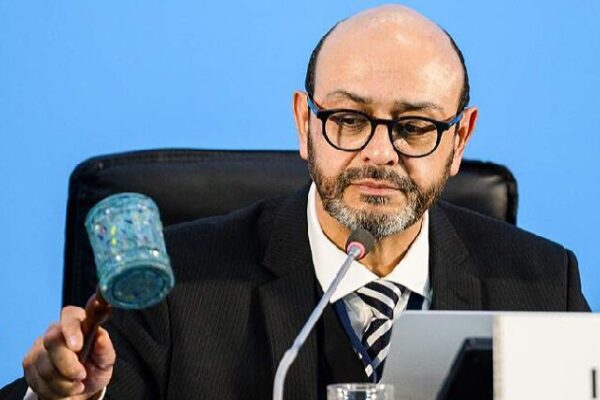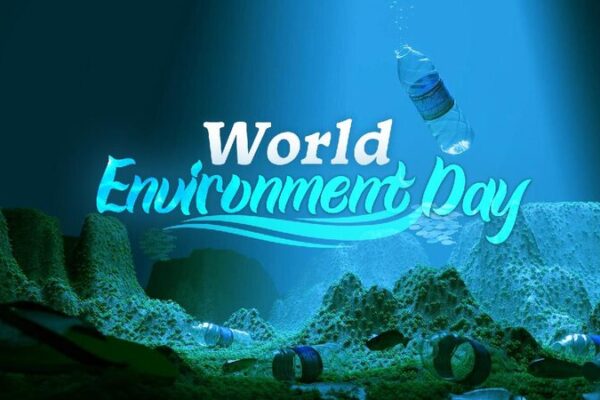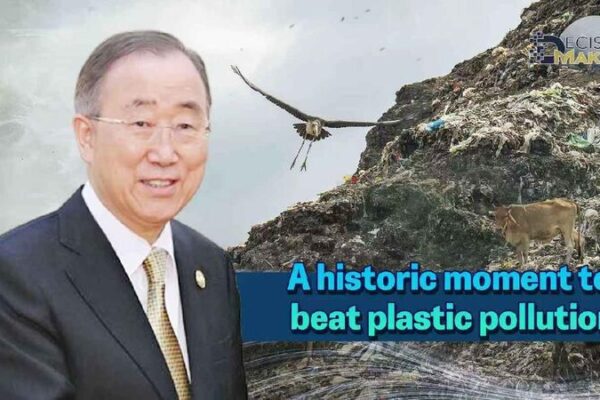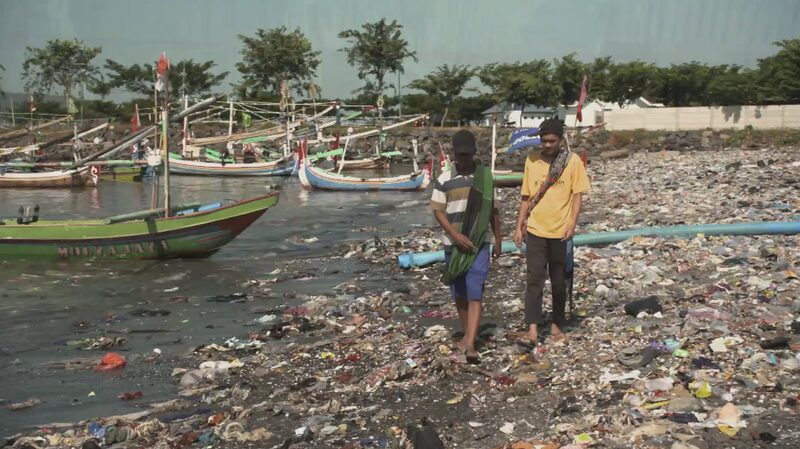Race Against Time: UN Struggles to Seal Global Plastic Treaty
As the December 1 deadline approaches, the United Nations is facing mounting challenges in finalizing a historic treaty to combat plastic pollution. Delegates from around 175 countries gathered in South Korea for the fifth and final meeting of the UN Intergovernmental Negotiating Committee (INC-5), but progress has been slow.
The committee’s chairman, Luis Vayas Valdivieso, released a document outlining potential measures for the treaty. The proposal includes ideas like creating a global list of plastic products to manage and establishing a financial mechanism to support developing countries. However, many delegates and civil society groups express concerns that the draft lacks concrete commitments, especially regarding the reduction of plastic production.
Calls for Stronger Action
“High and rapidly increasing levels of plastic pollution represent a serious environmental and human health problem,” the document acknowledges. Yet, it leaves crucial decisions, such as setting global targets to cut the output of primary plastic polymers, unresolved.
Anthony Agotha, climate and environment ambassador at the European External Action Service, emphasized the need for decisive action. “Mopping the floor when the tap is open is useless,” he said. “Plastic production and design curbs need to be in the final agreement.”
Divided Opinions
Countries that are major producers of petrochemicals, like Saudi Arabia, oppose efforts to cap plastic production. They advocate for solutions focused on recycling and reducing plastic waste rather than limiting production. The petrochemical industry supports an international treaty but prefers not to have mandatory production caps.
On the other hand, over 100 countries, led by Panama, are pushing for clear numerical targets for reducing plastic production. “Most of the countries came here with the idea of including a numeric target of plastic reduction,” said Juan Monterrey, head of Panama’s delegation. “We have put forth a proposal that not only crosses but stomps our own red lines. So we’re seeking all the other delegations that have not moved a centimeter to meet us halfway.”
Impact on the Global South
Plastic pollution disproportionately affects low- and middle-income countries, especially in the Global South. Beaches, rivers, and communities are overwhelmed by plastic waste, impacting human health and the environment. Developing nations are calling for stronger international commitments and financial support to tackle the crisis.
The Road Ahead
With time running out, delegates are urging for compromise and decisive action. The success of the treaty could mark a significant step towards a sustainable future, but only if nations can overcome their differences and prioritize the planet over profits.
Reference(s):
cgtn.com
